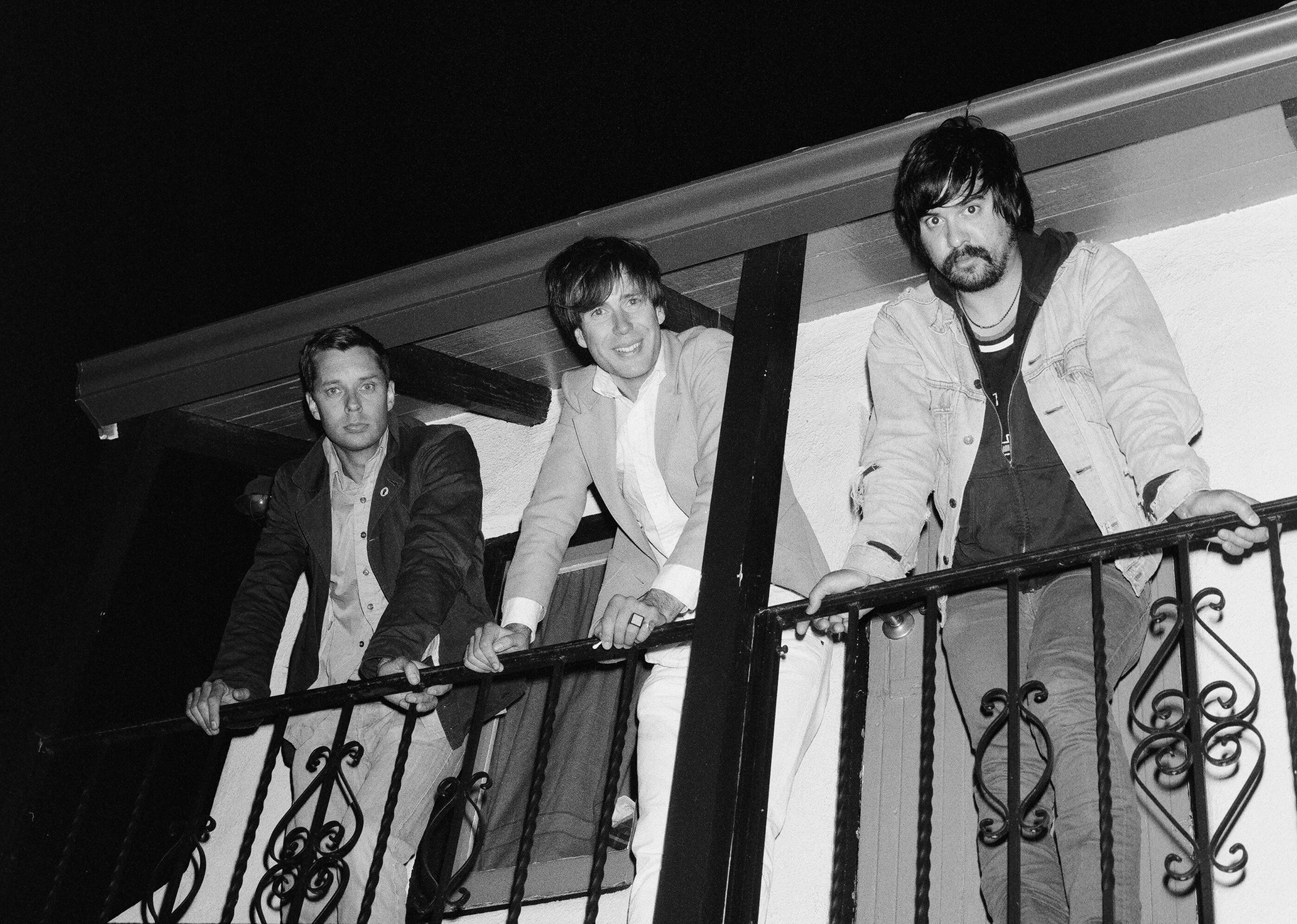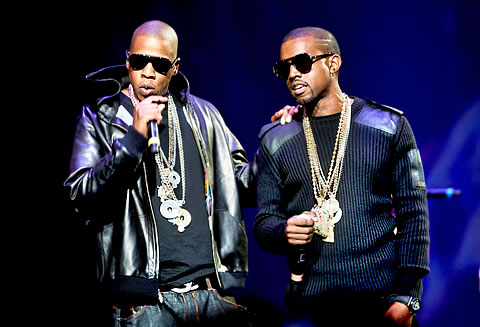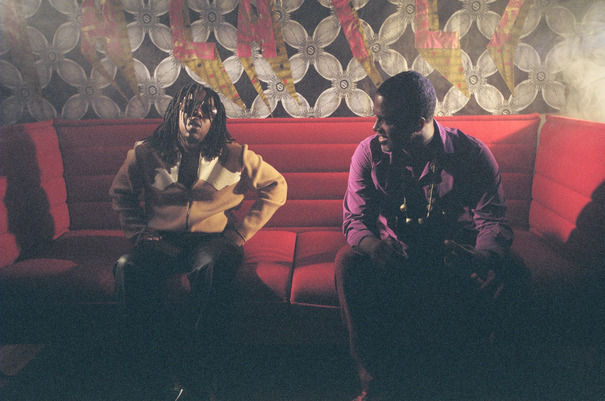
![]()
Last summer, Active Child released the “Curtis Lane” EP. It was a collection of 6 songs that made for a fascinating introduction to Pat Grossi’s pet project, unique in the way that harp, synths and vocals were all blended, chopped and screwed into an electronic filter with dizzying results. The crossroads that EP presented were directional, with Grossi taking a shot at the slow moving and shimmery synth melodies on one side and more beat-driven 80s dance numbers on the other. Everything worked together relatively well, but the dichotomy suggested that he’d need to make a clearer and bolder choice of direction for whatever he chose to record next. It’s been over a year, one mostly filled with extensive touring around the world, but Active Child finally got around to making a debut full length, titled “You Are All I See”. With his harp and a powerful falsetto voice that even angels are jealous of, Grossi has taken a sharper turn towards ethereal beauty and away from the dance floor, and it’s doubtful anybody will disagree with that decision.
Just because Grossi has made the right decision when it comes to Active Child’s overall sound doesn’t mean that “You Are All I See” is automatically a great record. The title track that starts the record begins with waterfalls of harp eventually leading to touches of synth and that heavenly vocal rising above it all, often overdubbed to create soaring harmonies. Those first four minutes are so gorgeous that you get the sense nothing else on the album will be able to top it from a beauty perspective. That’s pretty much true, but beauty isn’t everything, and a number of other tracks come close to that same level of musical splendor anyways. Electronic textures and synths take over on first single “Hanging On”, and the results sound a bit like something that Justin Vernon’s side project Volcano Choir might put out, but with a little more mainstream R&B influence. The R&B aspect goes into full gear courtesy of “Playing House”, Grossi’s team-up with How to Dress Well aka Tom Krell. If you’re looking for an indie version of a sexy jam to “get it on” to, here’s your track. The slow clap looped beat matched against high-pitched synths and Krell’s expressive vocal (with Auto-Tune harmonies) not to mention seductive lyrics create the perfect environment for taking off your clothes and making some sweet love. Go ahead and give it a try. Let me know how it went afterwards.
As “You Are All I See” fully develops, in spite of a few stylistic shifts the majority of it maintains a delicate 80s electro-synth-pop vibe, its closest cousin actually being the last M83 album “Saturdays=Youth”. The main issue is that it’s not nearly as energetic or engrossing as M83, often adopting a more meditative tone that becomes formless and drags after awhile. Even Grossi’s consistent and dynamite voice can’t quite save much of the middle of the record. “See Thru Eyes” and “High Priestess” in particular fail to inspire in the wake of the first third of the album. When “Way Too Fast” shows up, the minimalist electro atmospherics blended with Grossi’s vocals pitch-shifted through multiple filters makes it sound like an outtake from the James Blake record. It actually makes for one of the most fascinating moments on the entire album even if it doesn’t quite equal the high watermark Blake established earlier this year. Almost like a cast off from the “Curtis Lane” EP, “Shield and Sword” brings the tempo to dance club level but stops short of becoming fully fleshed out and engaging. It also feels just a slight bit out of place.
If there’s hope for “You Are All I See”, it comes in the form of closing track “Johnny Belinda”. There are many ways to describe the track, whether it be operatic, cinematic or even symphonic, but primarily it’s just plain epic. The army of violins and cellos create a massive and ominous rumble while harp gets sprinkled in as a bit of extra spice and beauty. Grossi’s voice, backed by some operatic moans, tells the sad tale of lost love. It is the sonic equivalent of a man adrift at sea in a small lifeboat as a storm rages and waves crash on top of him. And it works. To think that one man (with obvious help) could put together an immense track like that proves that this is a project worth keeping an eye on. If every track on “You Are All I See” was this well written and composed, Active Child would have a game-changing album on his hands. Unfortunately a couple clunkers pushes it off the mark and leaves us to wonder what might have been. The record’s primary issue though is virtually the same problem that has plagued Active Child from the beginning – an inability to commit to one particular style or another. Grossi has broadened his horizons rather than reduced them, going from R&B one moment to synth-pop the next, with shades of soul, classical, gospel and a number of other styles in between. Simply having your record sound beautiful doesn’t mean you’re stylistically dialed in. Hopefully from touring around this record Grossi will learn what works best and streamline that approach for the next record.
Active Child – Playing House (Ft. How To Dress Well)














